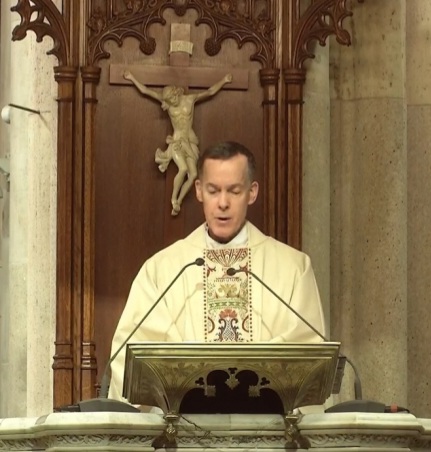The pattern is repeated consistently: desire for something, followed by a choice for it, followed by a subsequent satisfaction in that choice. The momentum does not stop on its own; once activated, it returns and repeats itself. Desire is felt again for what has previously been chosen with some delight. The pattern tends to repeat itself. This is precisely the nature of all vice. Habits of repetitive sin, especially involving sensual matters, follow this pattern of a rotation through desire, indulged choice, temporary and fleeting delight, and the return again of desire. The great harm that takes place, if desires are indulged and delight is experienced in this repeated manner, is that the mind itself dulls in it’s relationship with God. The pursuit of satisfaction can dominate the soul in ways that do not necessarily involve grave sin but, nonetheless, pour sand, as it were, upon what could otherwise be a fire of longing for God. If a soul is indulging itself in attached ways in this manner, it is very unlikely to experience much desire at all for God and, therefore, little desire for prayer. And how common is this truth to this very day, even among those dedicated by a chosen profession as priests or religious to the service of God, Saint John of the Cross thus identifies a principal harm when a soul takes joy in self-centered and self-oriented delights: “dullness of mind and darkness of judgment in understanding truth and judging well of each thing as it is in itself” (AMC 3.19.3). That dullness of mind translates into a tepidity toward God and spiritual matters. –“Saint John of the Cross: Master of Contemplation” Fr. Donald Haggerty












Recent Comments